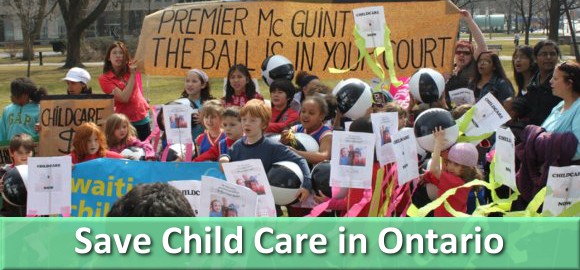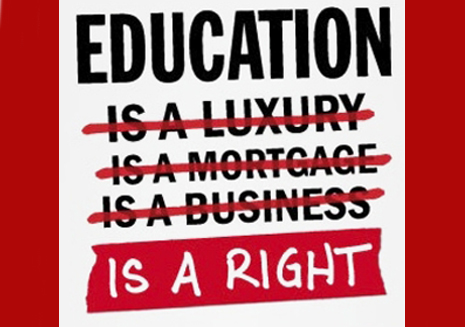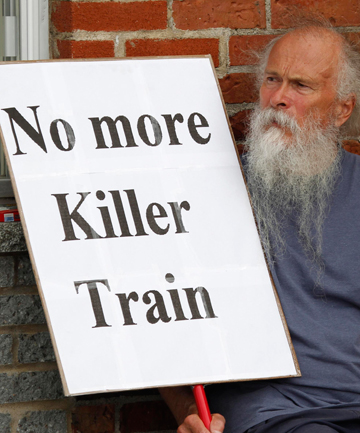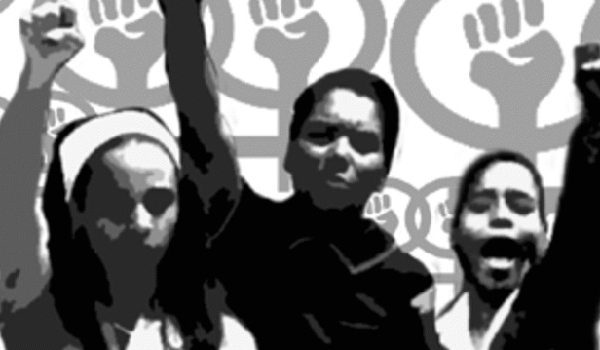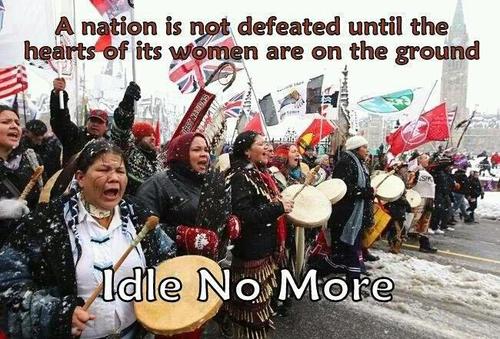Catastrophism: A Climate Justice Activist’s Perspective
By Harold Lavender
Review of Sasha Lilley (ed.), Catastrophism: The Apocalyptic Politics of Collapse and Rebirth (PM Press, 2012)
Images and talk of catastrophes are pervasive in today’s world. Much discussion of the subject ignores issues of social justice and is not very favourable to a left-wing perspective. Yet the spectre of catastrophic climate change haunts the future. Climate change is wreaking destruction on many, is getting worse and poses a potential threat to life on the planet. This raises many serious questions about how the Left should respond.


